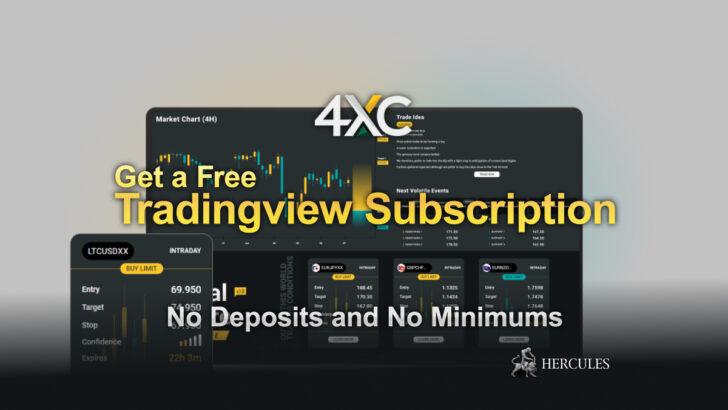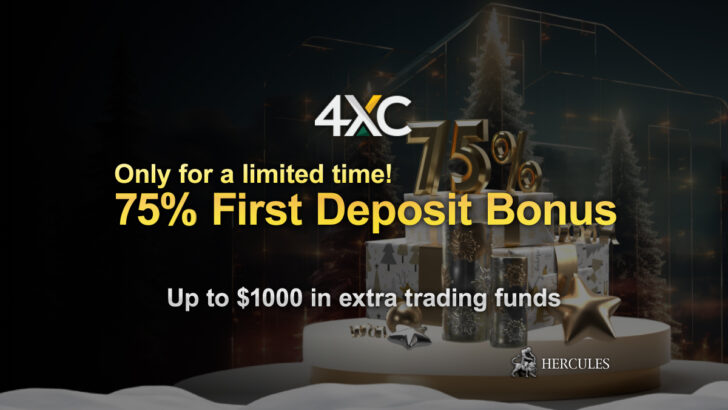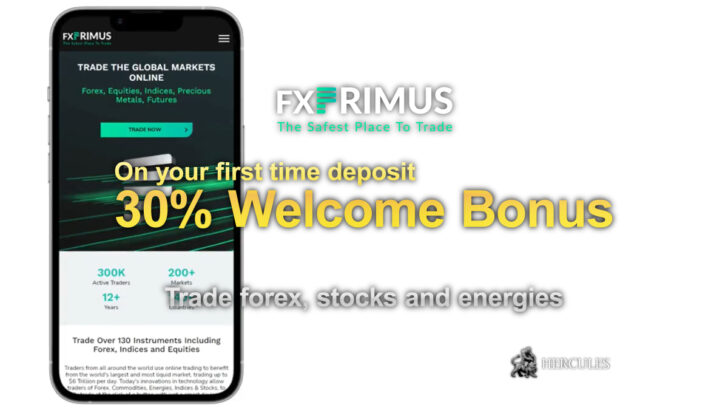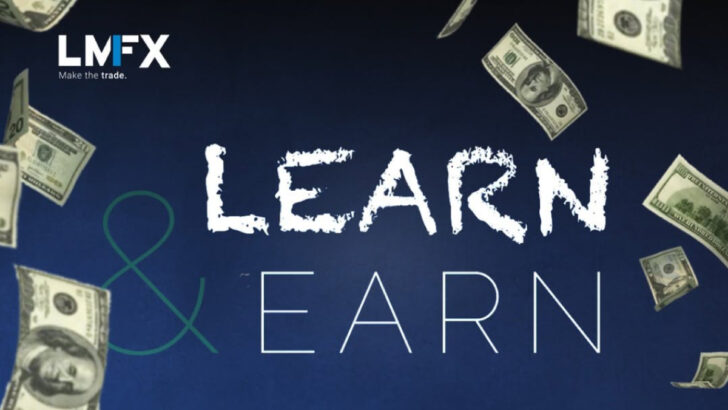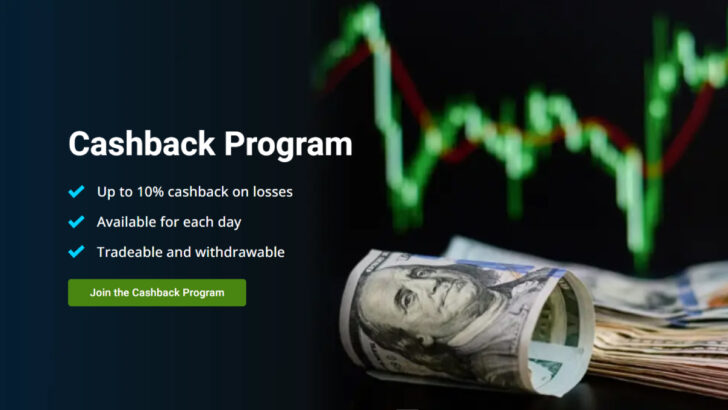Should you invest in Futures or CFDs on Futures?


Futures and CFDs (contract for difference) on futures are considered to be very similar instruments and it is quite difficult for a novice trader to understand the difference between them.
Initially, the idea of creating a CFD came to English brokers, in order to make it possible for traders to trade stocks in London Stock Exchange without the payment of a special tax – Stamp duty.
Thus, CFD trading is not formally a deal with stocks and it is tax-free.
What is a CFD and futures contract?
A futures contract is a security in the form of an exchange contract on the purchase and sale of a standard amount of a specific asset at a pre-determined price in the future.
There are two types of futures:
- Cash settlement futures
- The parties of the contract make only cash settlements in the amount of price difference between the value of the asset specified in the contract and its current value. Thus, an exchange makes a mutual settlement between the parties, and the physical delivery of the underlying asset on the expiration date of the futures contract is not made. Cash settlement futures are mainly applied for speculative trading.
- Physical delivery futures
- On the expiration date of the futures contract, the buyer is obliged to purchase, and the seller is obliged to sell the agreed amount of the underlying asset specified in the contract. Physical delivery contracts are not for speculative operations since their main aim is to protect the buyer and the seller from the future price fluctuations. In case one of the parties refuses his liabilities, an exchange imposes a penalty.
A CFD or a contract for difference is an OTC derivative financial instrument, which allows to make a profit on the purchase and sale of a certain asset without its physical delivery.
In other words, this is an agreement between a trader and a broker to exchange the difference from the price fluctuations of various assets.
Various instruments may serve as an underlying asset of CFDs: stocks,indices, commodity futures, etc.
Thus, by their definitions, CFDs and cash settlement futures are similar, since they both involve payment of the price difference without a direct delivery of the asset, but according to a number of features, they differ from each other.
The differences between a CFD and futures
- Futures are traded on the exchange and CFDs are traded on the OTC market.
- An exchange acts as a guarantor for the execution of obligations of a futures contract, and for CFDs the guarantor is a financial company (for example, a broker).
- Futures prices are determined while stock exchange trades and the prices of CFDs, equal or close to the exchange price, are determined by a broker.
- Futures are traded with the spread of an exchange and with the commission of a broker while the spread of CFDs is defined by a broker.
- It is possible to trade CFDs with much less amount of money, than futures, since a broker provides the opportunity to trade not only a full contract but also the parts of a contract.
- In case of CFD trading, the leverage, as a rule, is higher than in case of futures trading.
CFD trading is very convenient and it allows to make a profit from the purchase and sale of securities in case of having a small amount of money.
Depending on the preference and the amount of the capital, each one chooses what to trade: futures or CFDs on futures.
Before starting to trade, one needs to carefully study the conditions offered by brokerage companies.
Today, one of the leaders in CFD market with ideal conditions for trading is IFC Markets, which offers its clients exact quotations and competitive spreads.
In addition, it is possible to trade a wide range of instruments not only on MetaTrader 4 trading platform but also on a professional terminal NetTradeX developed by the company.
Moreover, through NetTradeX platform, it is possible to trade separate instruments, as well as portfolios from various assets.

